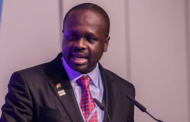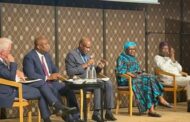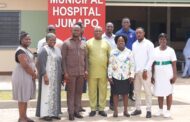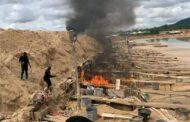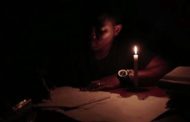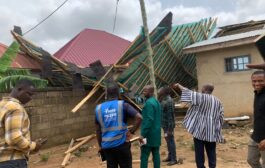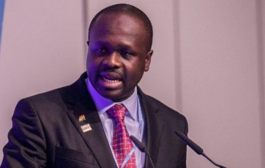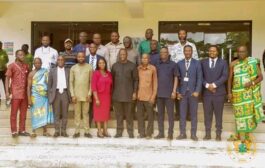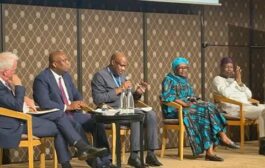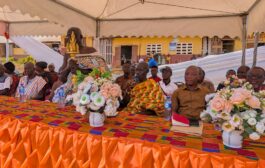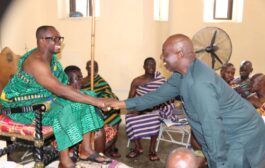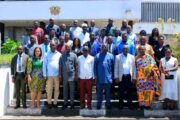The Eastern Region has recorded an estimated 2,128 new HIV infections.
According to the Acting Eastern Regional Technical Coordinator of the Technical Unit of the Ghana AIDS Commission, Ebenezer Appiah Agyekum Abrokwah, the commission attributes the situation to risky Sexual behavior among the youth in the region.
Lower Manya Krobo has the highest new infection with 122 cases, Asuogyaman – 119, New Juaben South – 113, Yilo Krobo – 107, Kwaebibirim – 91, West Akyem – 90, Upper Manya Krobo – 87, Suhum – 82, Abuakwa North – 78, and Afram Plains South – 73.
The rest are Birim Central – 49, Okere – 48, Akwapim North – 48, Asene Manso – 48, Kwahu East – 48, Atiwa West – 45, Atiwa East – 41, Fanteakwa South – 38, Birim South – 32 and Akwapim South – 27 among others.
People living with HIV in the Eastern Region at the end of 2020 were 47,8166, but only 30,538 are accessing the antiretroviral drugs.
The antiretroviral coverage in the region for all ages is 58%.
Today December 1, 2021, is World AIDS Day. The theme of World AIDS Day 2021 is “End inequalities. End AIDS”. With a special focus on reaching people left behind, WHO and its partners are highlighting the growing inequalities in access to essential HIV services.
WHO is calling on global leaders and citizens to rally to confront the inequalities that drive AIDS and to reach people who are currently not receiving essential HIV services.
According to WHO, HIV remains a major public health issue that affects millions of people worldwide.
Although the world has made significant progress in recent decades, important global targets for 2020 were not met.
Division, disparity, and disregard for human rights are among the failures that allowed HIV to become and remain a global health crisis. Now, COVID-19 is exacerbating inequities and disruptions to services, making the lives of many people living with HIV more challenging.
Source: Mybrytfmonline.com/Obed Ansah






